Thursday, March 1, 2018; 6:00 p.m. ; The Riddle household. ; Columbus, Indiana.
We posted episode 1 while recording on Facebook Live. Half an hour later, we were celebrating with 15 of our closest friends in our mental health ministry!
It’s been a long, strange trip since we first stepped out onto that country road that crosses the Columbus Reformed Presbyterian church. How did we move from the germ of an idea to the uploading on iTunes? Much of the journey is shared and will continued to be shared here in this “Behind the Scenes” Revealog. Today, I want to go behind the “Behind the Scenes,” and dig into some of the hustle and tussle, the push and pull, the punch and counterpunch, that makes every creative collaboration produce a work that is greater than the sum of its parts.
1, It’s all about the length, man!
From the beginning, Eric and I held strong and vastly different ideas of how long our podcast would be. Eric referred Inglorious Pasterds: Three guys from the Midwest talking about spirituality, the news, and all the things. It clocks in at 2+ hours. I preferred Mike Rowe’s The Way I Heard It : short mysteries for curious minds with short attention spans. It runs a consistent 10 minutes. We knew we would have some compromising to do in the editing process and, quite frankly, that was none too fun. It required much prayer to come to a common mind even on the opening episode. But we did it. And early feedback tells me we did it well.
2. Lynda, Lynda, wherefore art thou?
Along the way, there have been many technical challenges that required many calls and emails. Then, Eric found Lynda, shimmering in the glow of a midnight moon. Lynda is a training website for everything from computer programming to website hosting to podcast development. Eric fell madly in love and tried desperately to share her affections with me, even setting us up on a date Valentines Day. But there was one big problem. Lynda shows you her ways through video tutorials. I am not a visual learner. More than this, I still belong to the old school that says videos are for entertainment, not education. So Lynda and I were doomed from the outset. I will now need to learn the podcast dance from Eric.
3. Podcasts that have inspired us.
We knew from the outset that it would be foolish to reinvent the wheel. We spent much time researching podcasts that dealt with the topics of faith and/or mental illness. We contacted some hosts who have responded very graciously. We hope to develop mutually beneficial relationships with persons sowing some of the same seed in God’s kingdom garden.
Two shows of particular note — CXMH a podcast at the intersection of Christianity & mental health, with Robert Vore. And, Fresh Hope for Mental Health, with Pastor Brad Hoefs. These shows are more than podcasts; they are ministries blessing folks like us and many others.
4. One down, how many to go?
When deciding on how we would list our episodes, we noted that some podcasts name theirs with three digits, like 001, 002, 003, etc… This numbering system is both ambitious and limiting. What if you end the show at 003? You’ve left people hanging. Then again, what if you come to 999 and there is nowhere else to go, like Y2K? We opted to modestly and accurately number ours conventionally 1, 2, 3, etc… We hope this doesn’t disrupt some Podcast Dewey Decimal System, but it seemed the spiritually humble thing to do.
5. Where do we go from here?
God only knows. By God’s grace, we have met or exceeded our original goals. Fundraising figure. Equipment purchases. Four interviews on the computer before opening episode. World premiere March 1. Now what?
We have some idea of what lies ahead, but we are also open to where the Spirit leads. And one way the Spirit leads is through the work of the body of Christ, believers with passion for God’s kingdom ministry.
We’ve had a lot of help along the way and we trust God will continue to provide. What can you do?
a. Pray, pray, pray. Prayer won’t get us all we want, but it will give us just what we need.
b. Listen, share. Mental health ministry is not to exist in a vacuum. Care enough to share.
c. Subscribe, so you will get the latest episodes the moment that appear.
d. Review and rate with 5 stars. This will help us reach more with Good News for mental health.
Yes, what a long, strange trip it’s been. And we’ve only just begin.



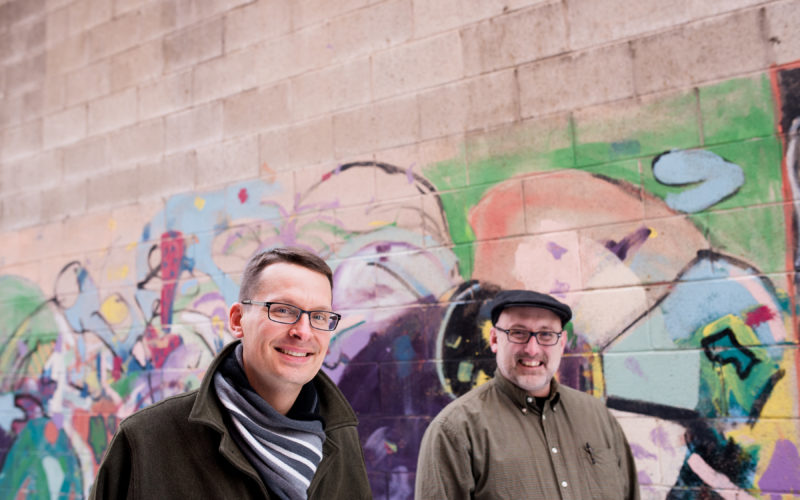
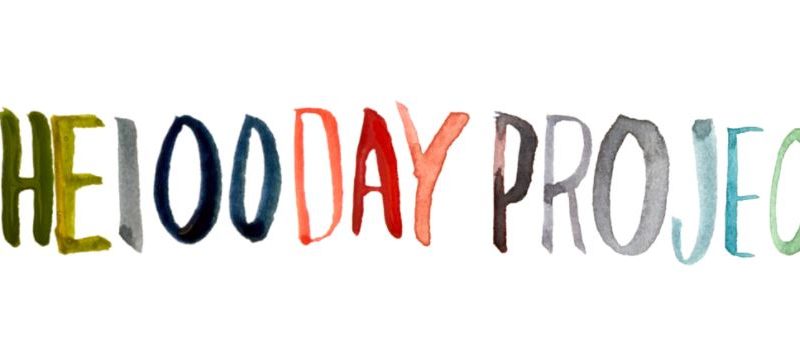
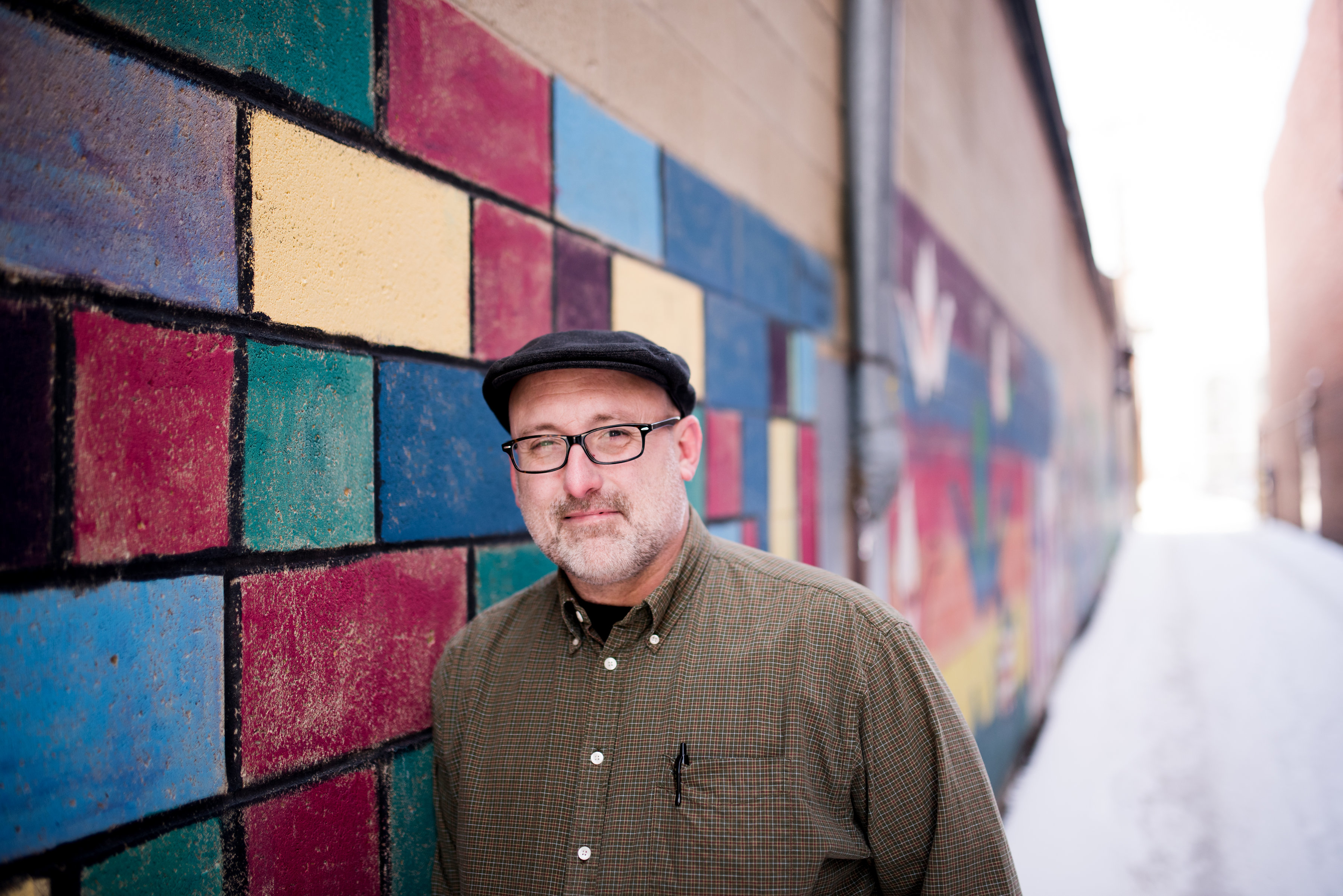
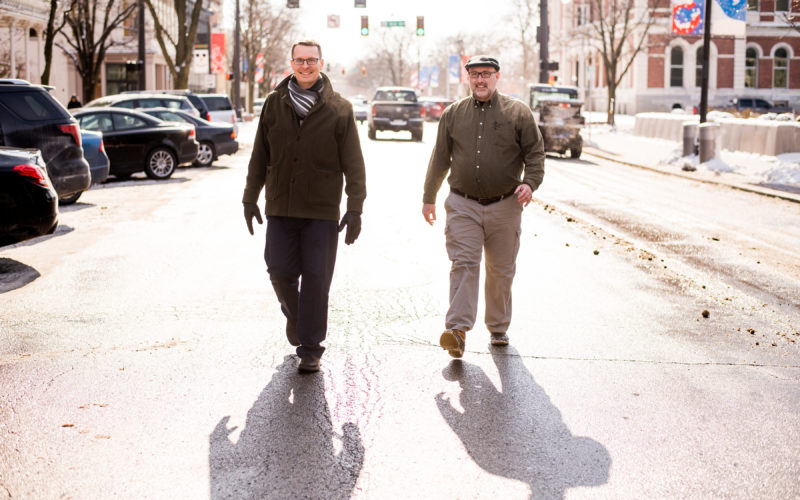

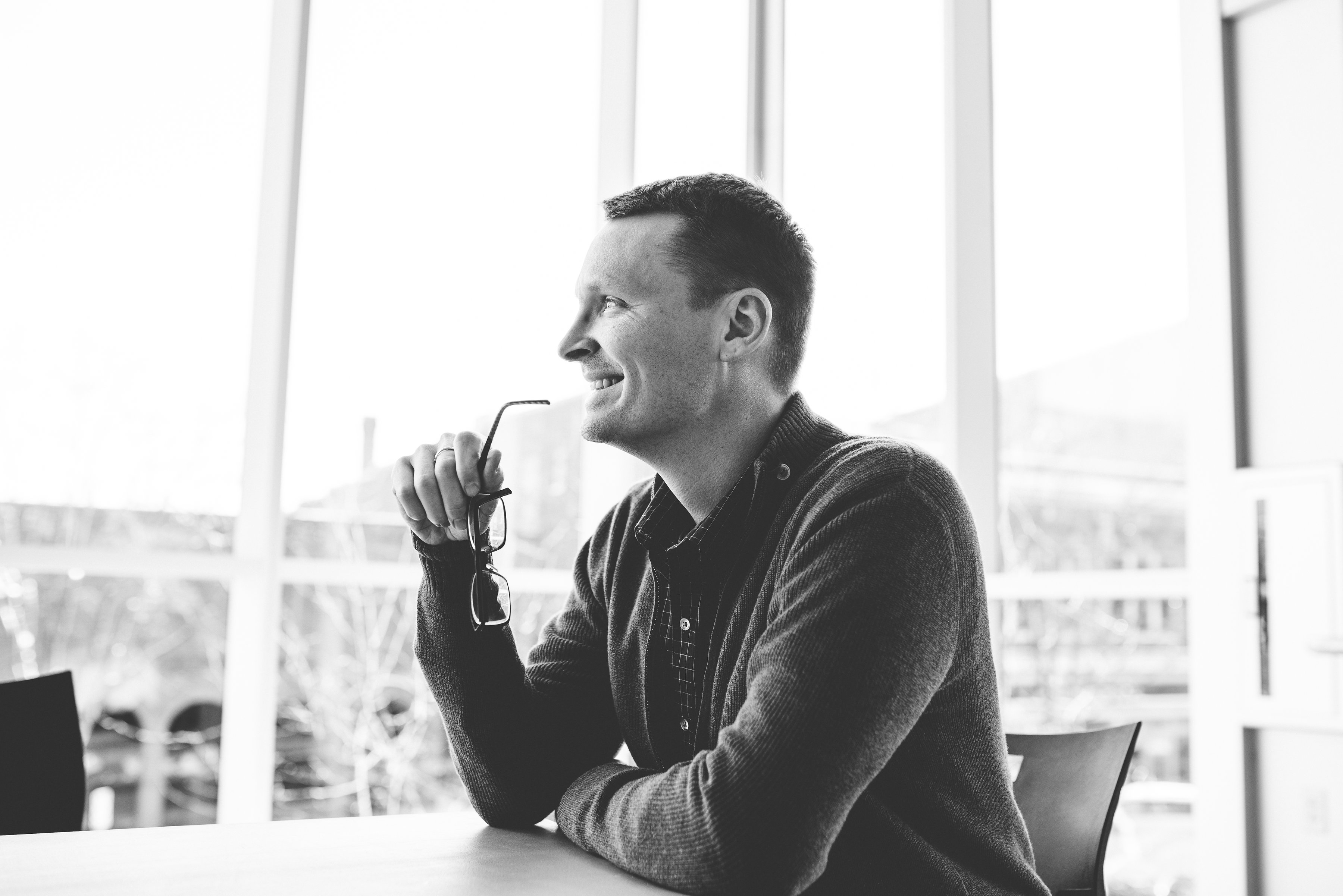
Recent Comments